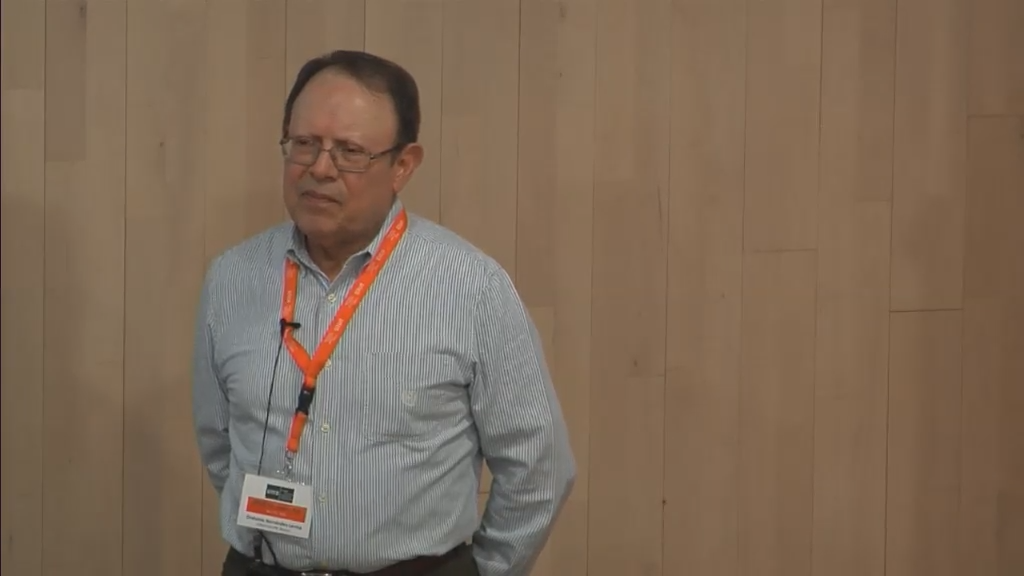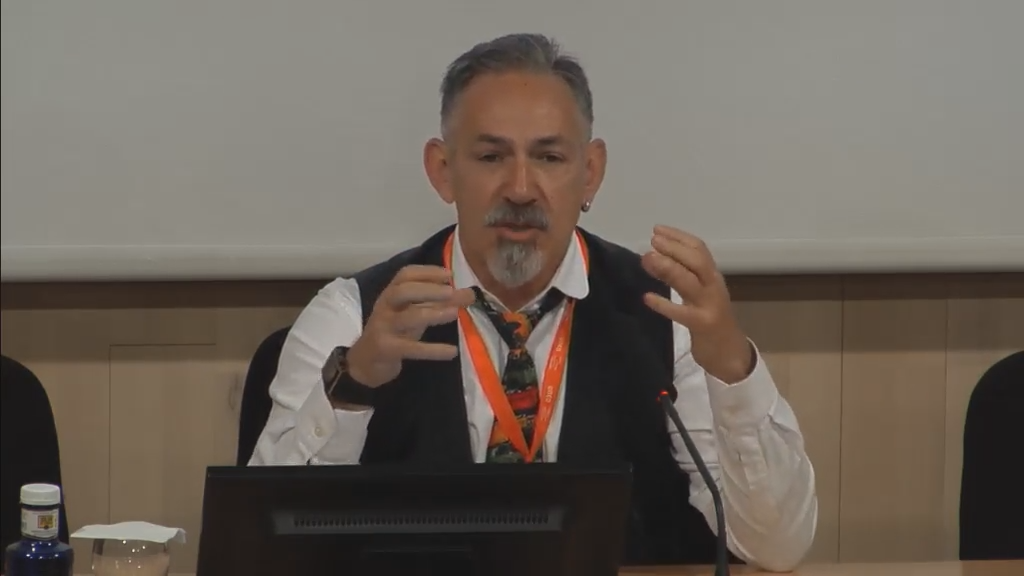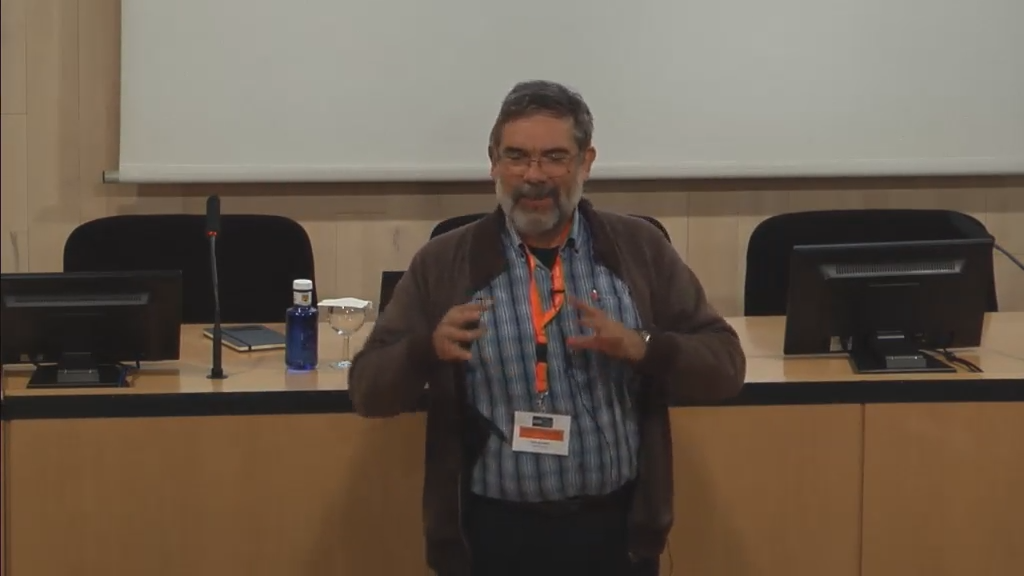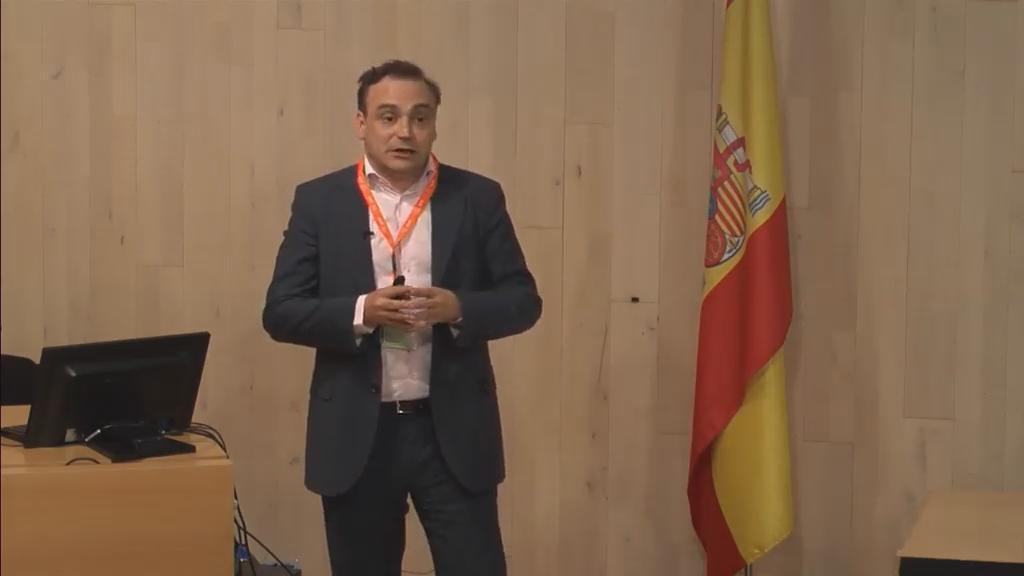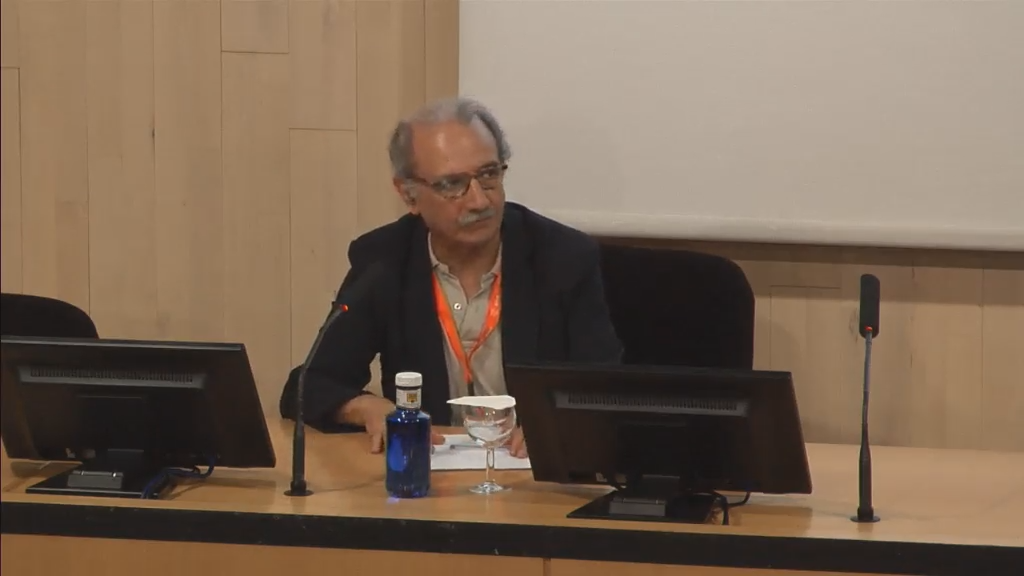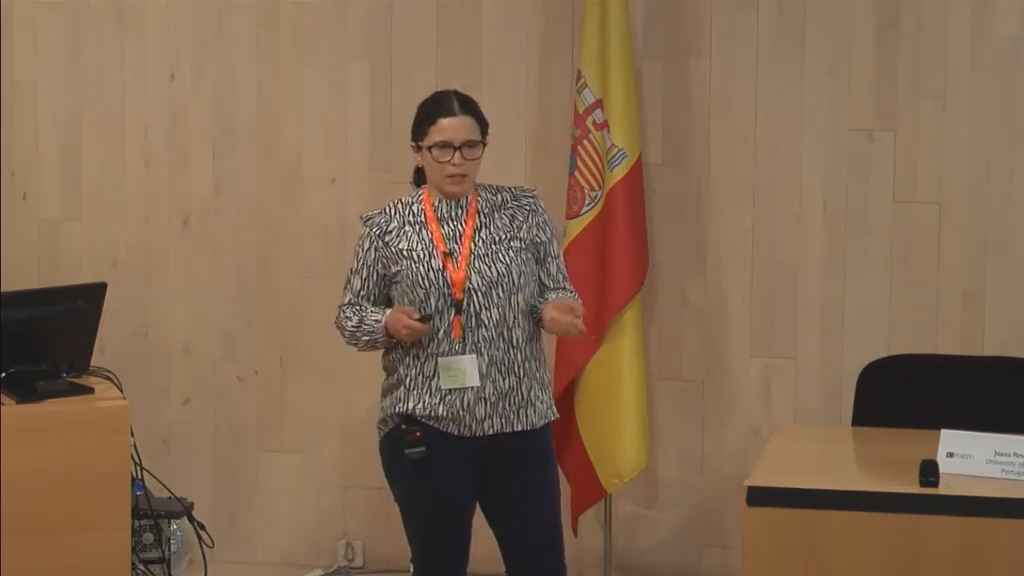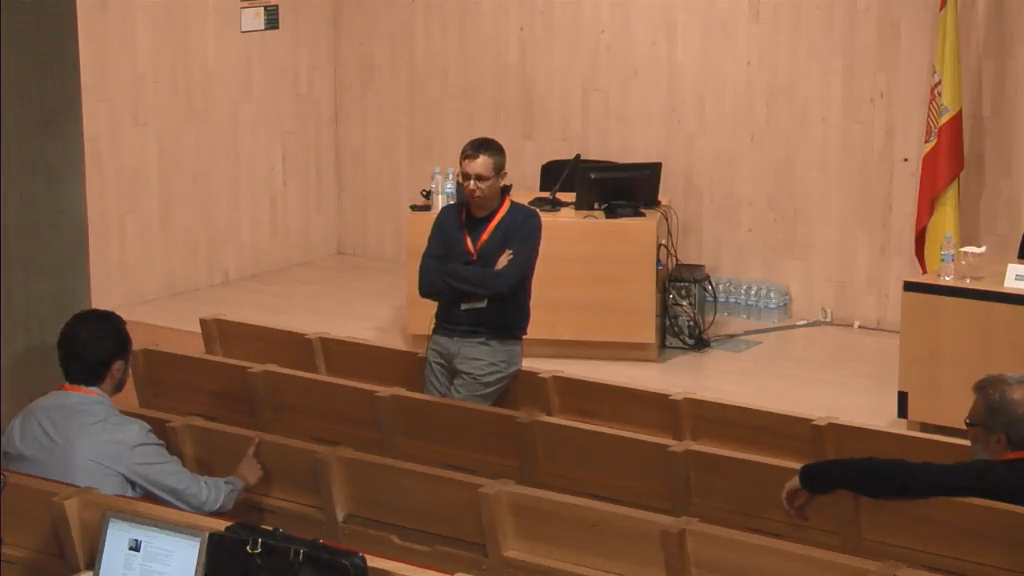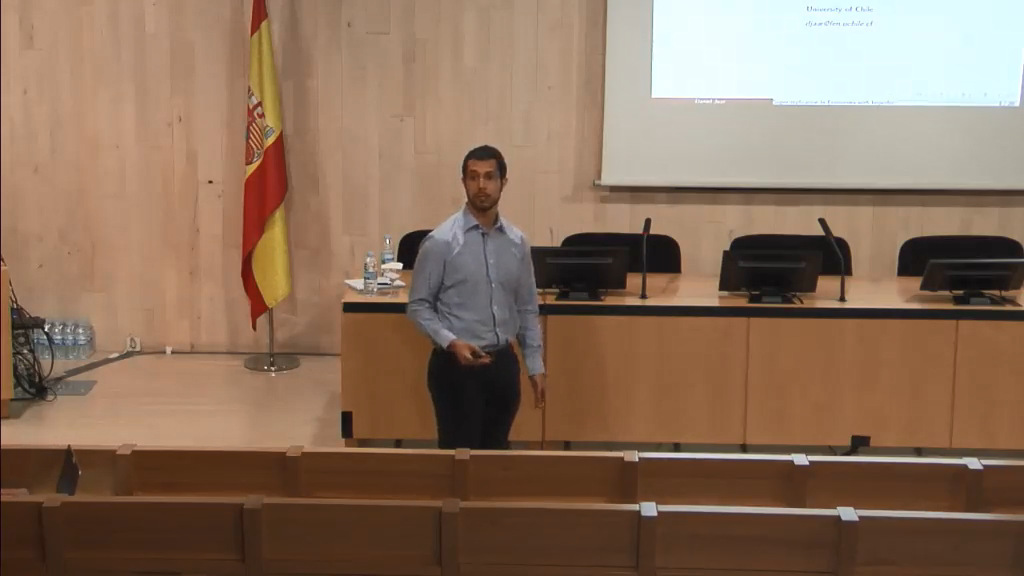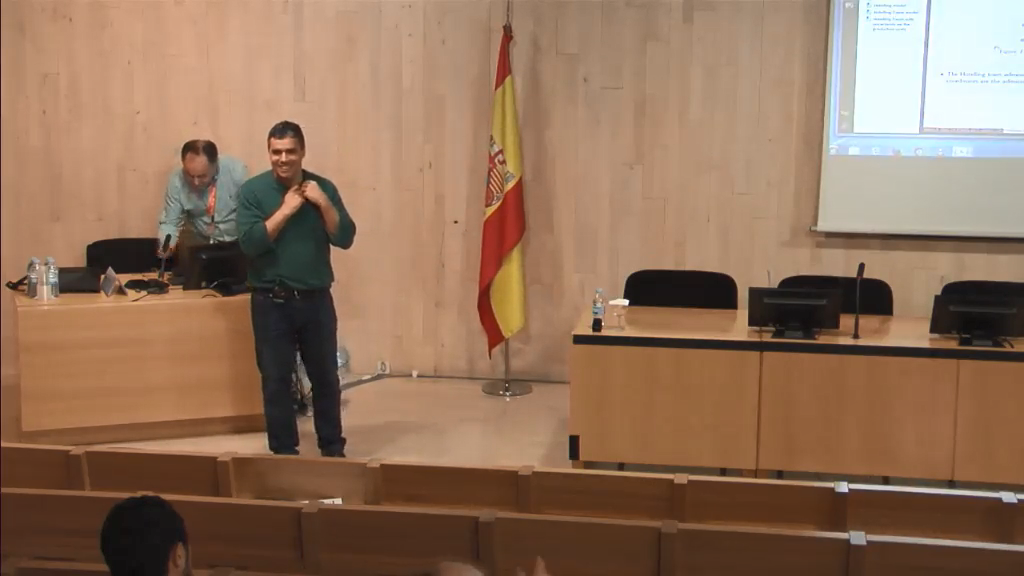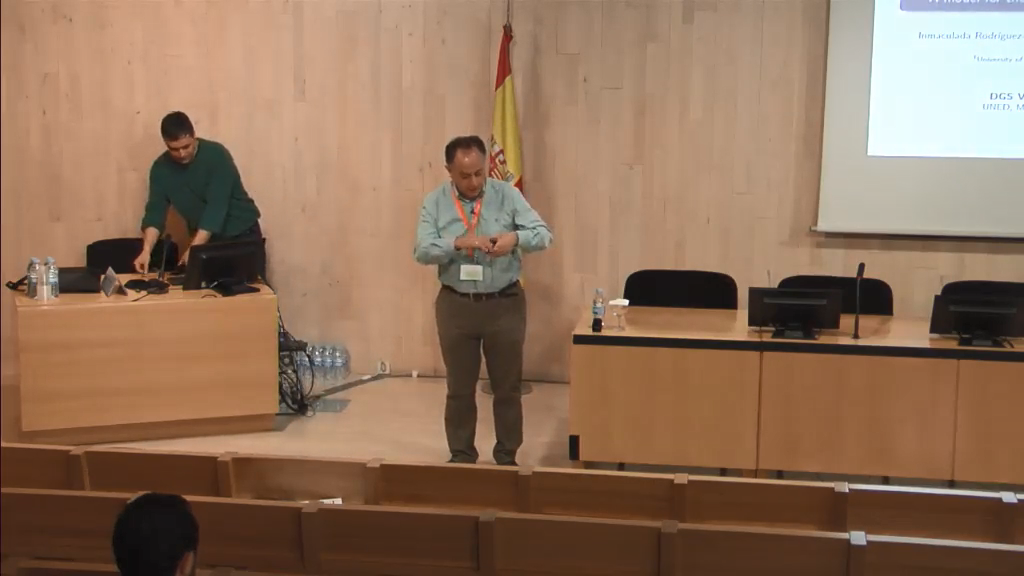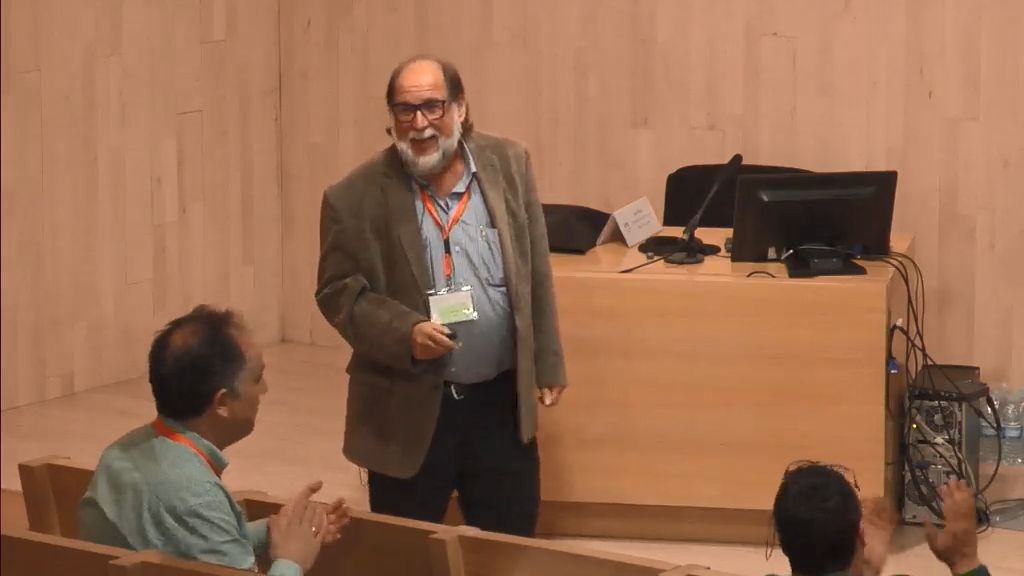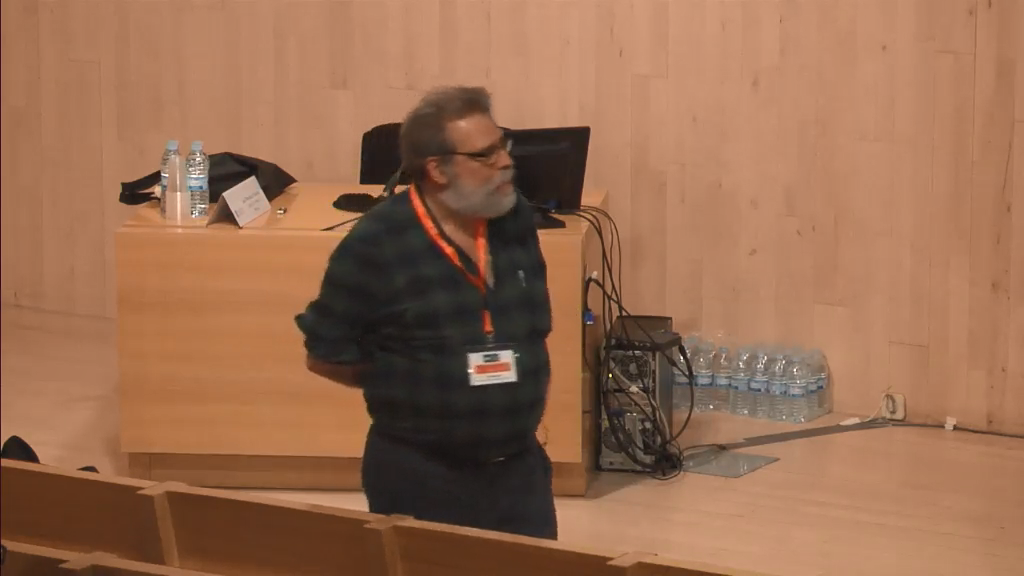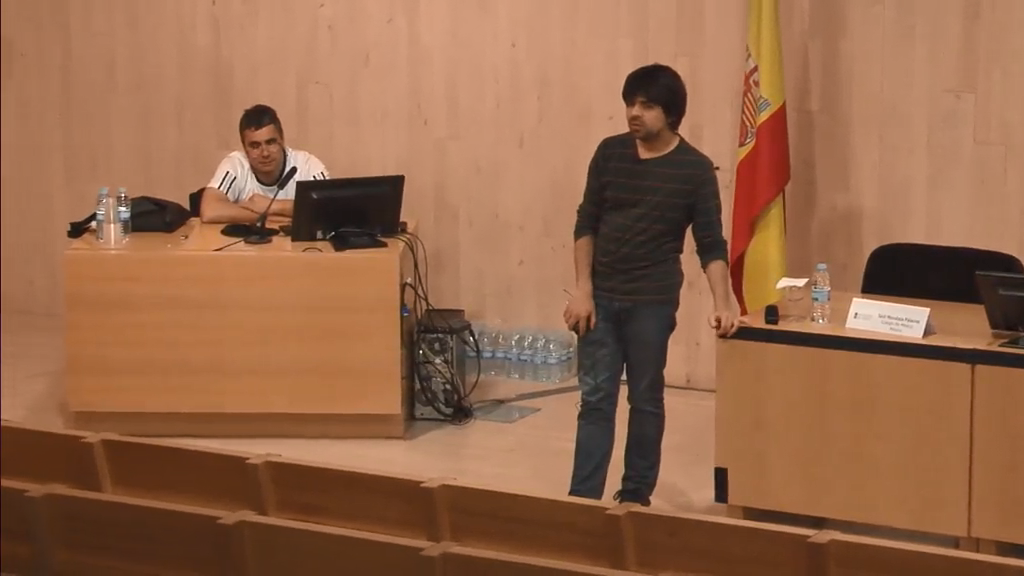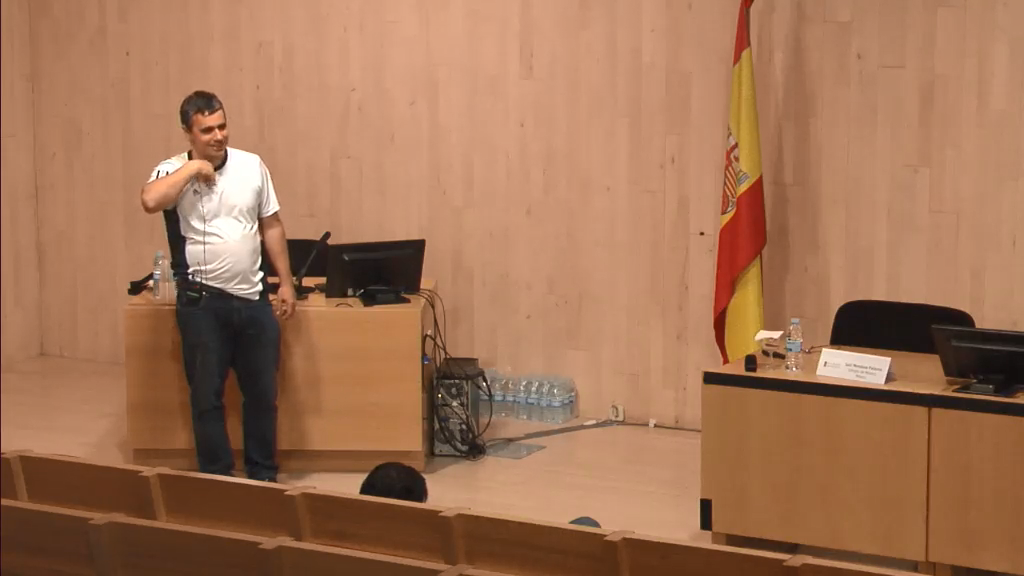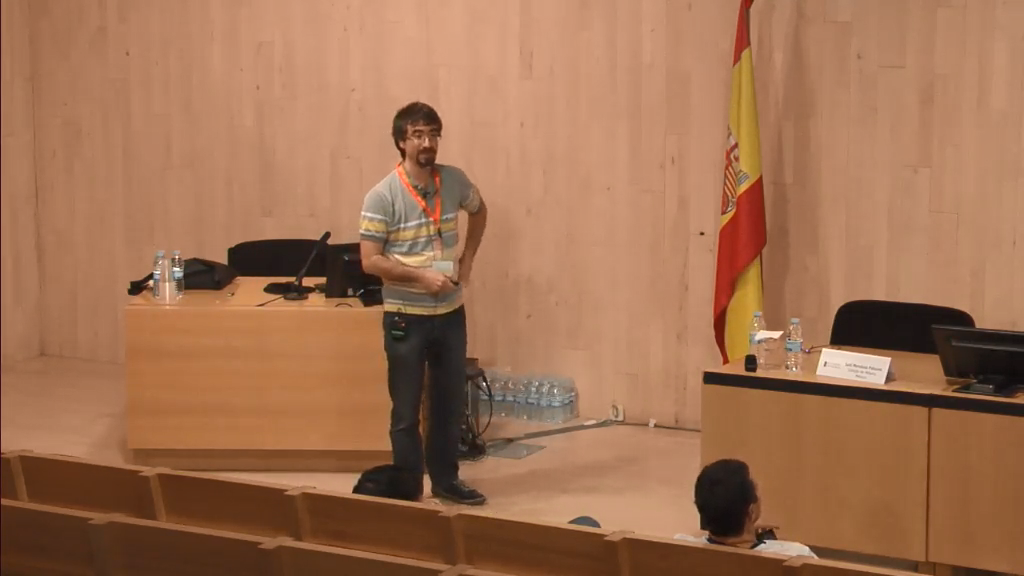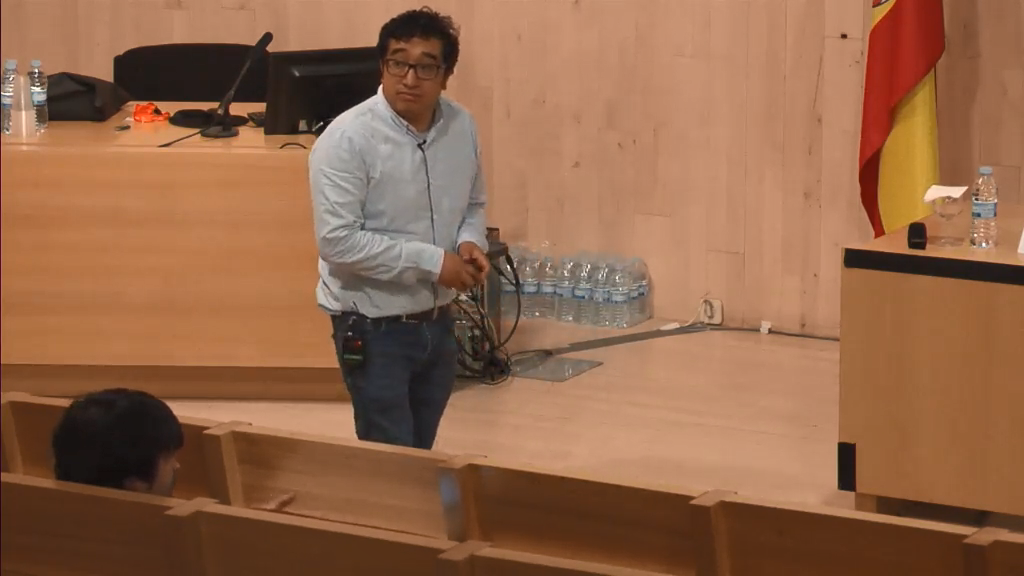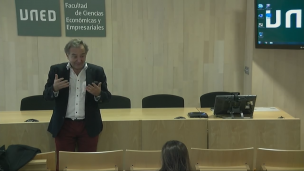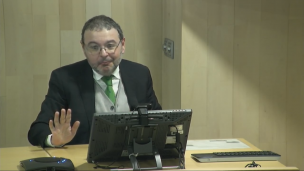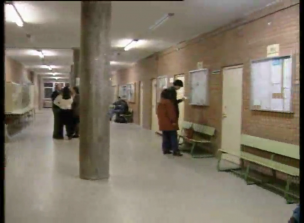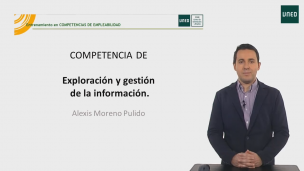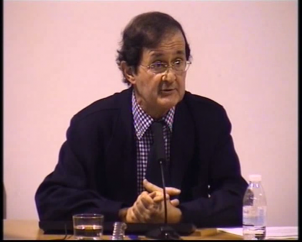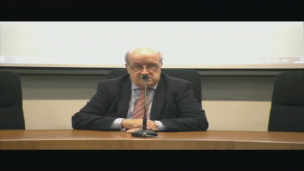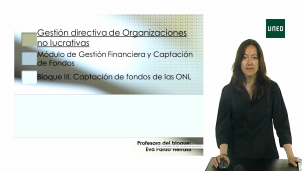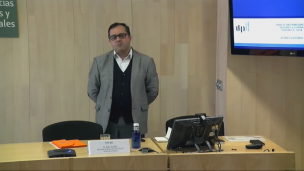On The Stability and Evolution of Economic Equilibrium
In an economic model of exchange of goods, an equilibrium of market prices and resultant holdings of the agents, if stable, can reconstitute itself in response to slight perturbations of those holdings, although with slightly adjusted prices and holdings. Results about that were obtained by Balasko in 1975, but here such stability properties are developed with utility functions more general than his in allowing the boundary of the goods orthant to come into play. This platform supports the investigation of how a market in equilibrium may evolve in continual response to exogenous additions and subtractions to holdings, a dynamical process which is conceptually very different from tâtonnement. The study is undertaken moreover with agents being able to hold zero quantities of goods that are not indispensable to them. A one‐sided differential equation characterizing the evolution of equilibrium prices and holdings is derived as well.
This advance is made possible by the application of methodology of variational analysis beyond classical differential analysis. It benefits also from viewing goods very generally, not just as commodities and not only for immediate disposal, with the agents then not necessarily being just consumers. It further relies on identifying a broader, but still convenient, criterion for the attainment of equilibrium from initial holdings in the Walrasian setting, one which gets away from requiring every agent to start out with a positive quantity of every good.
-
Alejandro Jofre Cáceres Universidad de Chile, Chile



